In today's digital age, digital maturity, or an organization's ability to leverage digital technologies, is becoming a critical factor for businesses to stay competitive and drive growth. In Africa, where the digital landscape is rapidly evolving, it is particularly important for businesses to assess and enhance their digital capabilities to take advantage of new opportunities and address the challenges of the digital age.
One example of a widely used digital maturity framework is the Digital Maturity Model (DMM), which is a comprehensive and holistic model that provides a structured and measurable way to evaluate and improve digital maturity. The DMM framework assesses an organization's digital maturity across four key dimensions: strategy, people, process, and technology.
Once a business has assessed its digital maturity, the next step is to identify areas for improvement and develop a plan to address them. This may involve investing in new technology, developing digital skills, or re-engineering processes. It's important to note that improving digital maturity is an ongoing process, and businesses should regularly reassess their digital maturity to ensure they are keeping up with the latest technologies and trends.
In Africa, where the digital landscape is rapidly evolving, it is particularly important for businesses to assess and enhance their digital capabilities. By using a digital maturity framework such as the DMM, businesses can measure and improve their digital maturity across different dimensions, thus allowing them to take advantage of new opportunities and address the challenges of the digital age. By regularly assessing and improving digital maturity, businesses can ensure that they are leveraging digital technologies to drive growth and remain competitive in the market.
